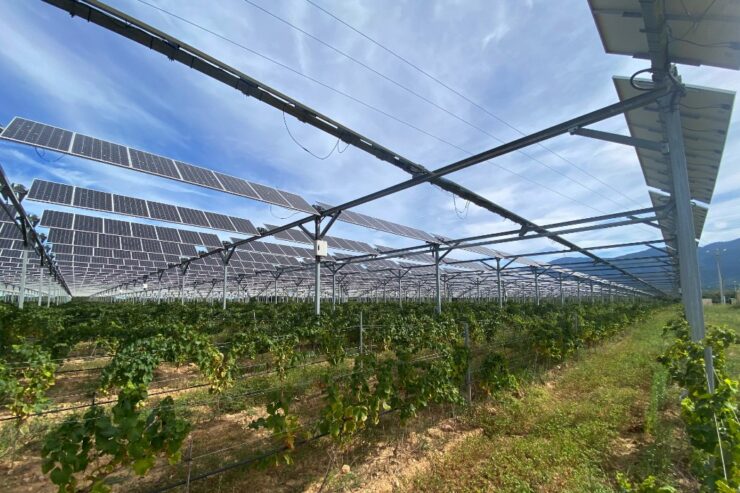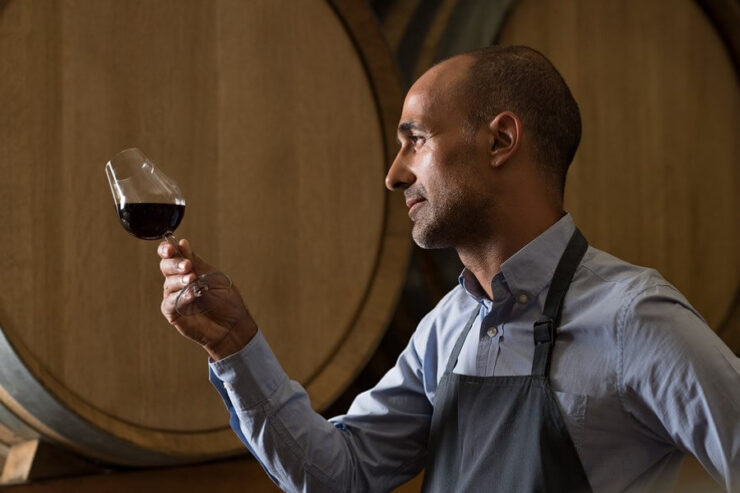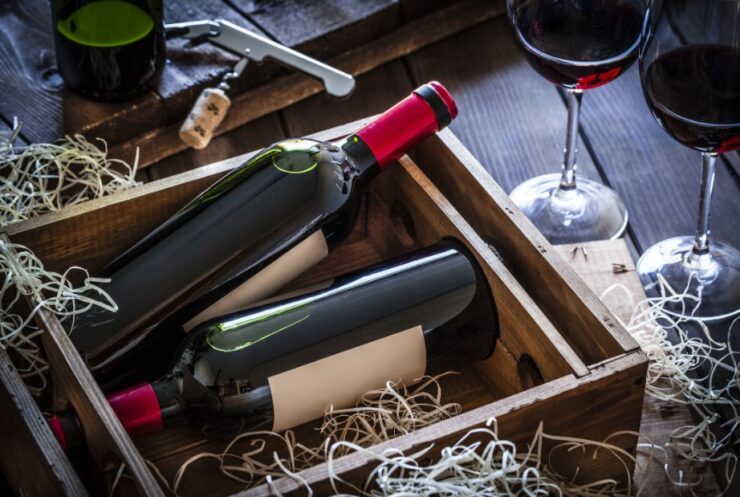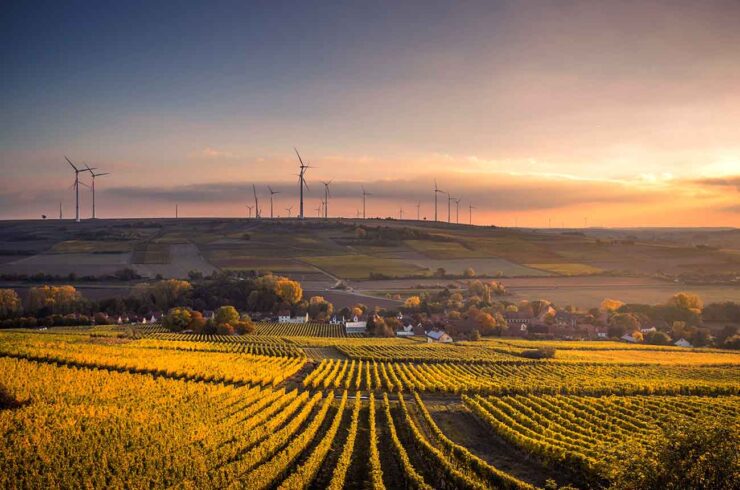Table of Contents
Sustainability matters in all spheres of our lives. Winemaking is no different. Luckily for all of us and our planet, the wine industry tends towards being sustainable. We can’t speak for everyone, but there are people out there putting up the effort. This is great!
Wine is a product that has been around forever. You know this. The first winemakers were sustainable as there was no other way of doing things. In the mid-time industry took over and we lost sight of it. Now, we look at things differently.
Sustainability matters, and keeping up with it is imperative for many winemakers. So, yes, there is sustainability in the wine industry. It is present but many of you probably do not understand what it means to create wines and be sustainable at the same time. One can easily go with another. We know it, and now it’s the right time for you to learn what makes a wine sustainable.
Many factors play into it, so we are going to speak only about the primary ones. If you’re interested to see what an ethical winery looks like you can always visit this site and see it for yourself. In the meantime, please read this article and learn a few things about wine and sustainability.
Energy Conservation

This is where it all starts. We must not spend too many resources when creating a sustainable wine. Many energy resources go into creating wine. We can start by saying that you won’t be able to do it without water and electric power. So, how to go around this if you need both resources?
First of all, you can start relying more on solar energy. Power your winery through solar panels. Water can pose an issue but it can be mitigated by using natural resources without impacting the surrounding communities.
Soil
Energy ties well with the small matter of soil on which you have built your vineyard. Today it is easy to have great crops by being a little bit unnatural. We have various pesticides and fertilizers that can help fruits and vegetables grow faster.
If you want to make sustainable wine you must say no to the chemical industry and use it only sporadically when you really must. Your soil needs to be prepared with natural fertilizers which are also easily accessible. The end product needs to be as natural as possible.
Lowered Carbon Emissions
Creating wine requires you to use a lot of technology, mostly in the form of mechanical devices. Many of them run on fossil fuels, but this work can be done without the aid of too many machines. Lowering your carbon footprint is quite possible. You’d be surprised at just how many vineyards do not use tractors and other mechanizations and rely on natural horsepower to do their bidding. The natural way is quite possible in this domain and many vineyards turn towards the roots of the industry.
Loyalty to Employees

This also plays a factor in sustainability. The surrounding communities can thrive under a vineyard. Paying your workers fair compensation is vital for sustainability. Today, the pure human workforce in this domain can be replaced by machines in many departments. This shouldn’t be done.
The most natural wine always comes from human interference. This is why it is important to remain sustainable through the human factor. Have your employees do your bidding and have them as a vital part of the process.
Not Wasting Resources
As you probably know, making wine creates a lot of waste. But, is it a waste? It is the natural residue of grapes that can’t be fully made into wine and some other products. So, what should you do with it? Many wineries just throw it away.
But, this is not a sustainable way. Instead, the cycle of the last pieces of grapes is not nearly over. If you look around there’s plenty you can do with it. This brings us back to the soil part. That’s right, the grape residue can easily be used as fertilizer for your soil. From land to land.
Furthermore, it can be processed and some types of pet food can be made out of it. Not allowing anything to go to waste is one of the first principles of sustainability. It is also the one that you should find the easiest to comply with.
Product Packaging
The package is half of the product. It’s that simple. This paragraph ties nicely with the one above. There must be no wasting. When it comes to the packaging you could use a new bottle for every liter of wine. This is not what sustainability is. Instead, you should look to use as many old bottles as you can. Avoid plastic too. Reuse is vital in sustainability.
Furthermore, do not seek a new product each time. You can easily rely on recycled glass. There are many paths when it comes to packaging and sustainability. The more wine you produce the more important the package becomes. Having your mind in place in this department is quite important. As we said, a package is important for your product in a commercial and quality-wise sense, but you shouldn’t compromise on sustainability only to appear good.

Leadership
How does a company leadership ties to sustainability? This is not an undefined term. Everyone can learn what sustainability is. You’re learning it right now. When it comes to the wine industry the lessons need to be shared from the top brass to the lower-tier employees. Many wineries these days are small businesses. With a few dozen employees, it is easy to spread the message. But, it needs to start from the top.
To work on sustainability the leadership needs to have a clear plan and an idea put in place. When things are done right it is easy for the employees to comply. This is why leadership is important for sustainability. With a good leader, both the wine industry and the surrounding community will prosper and that’s one of the goals of sustainability in the long run.

